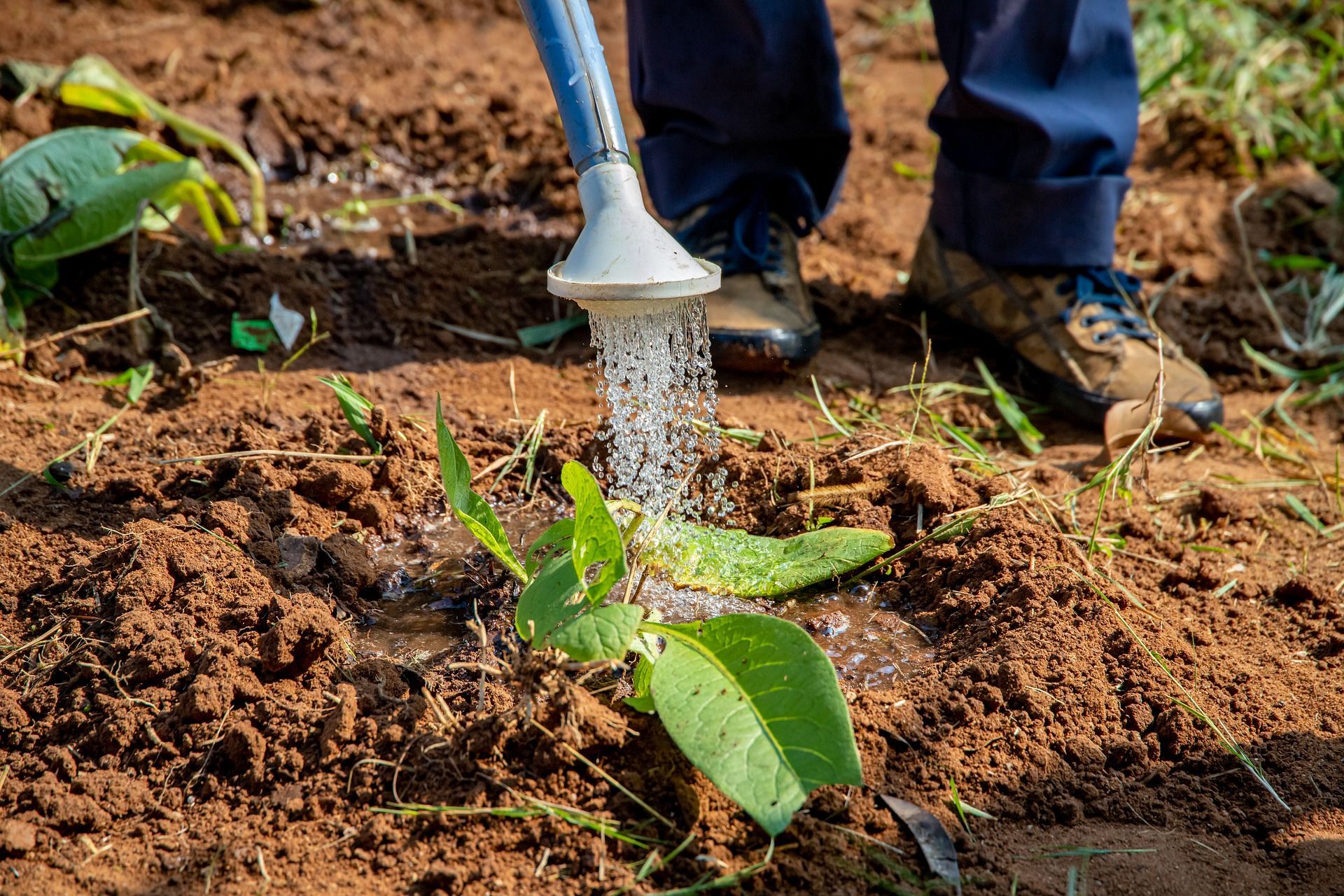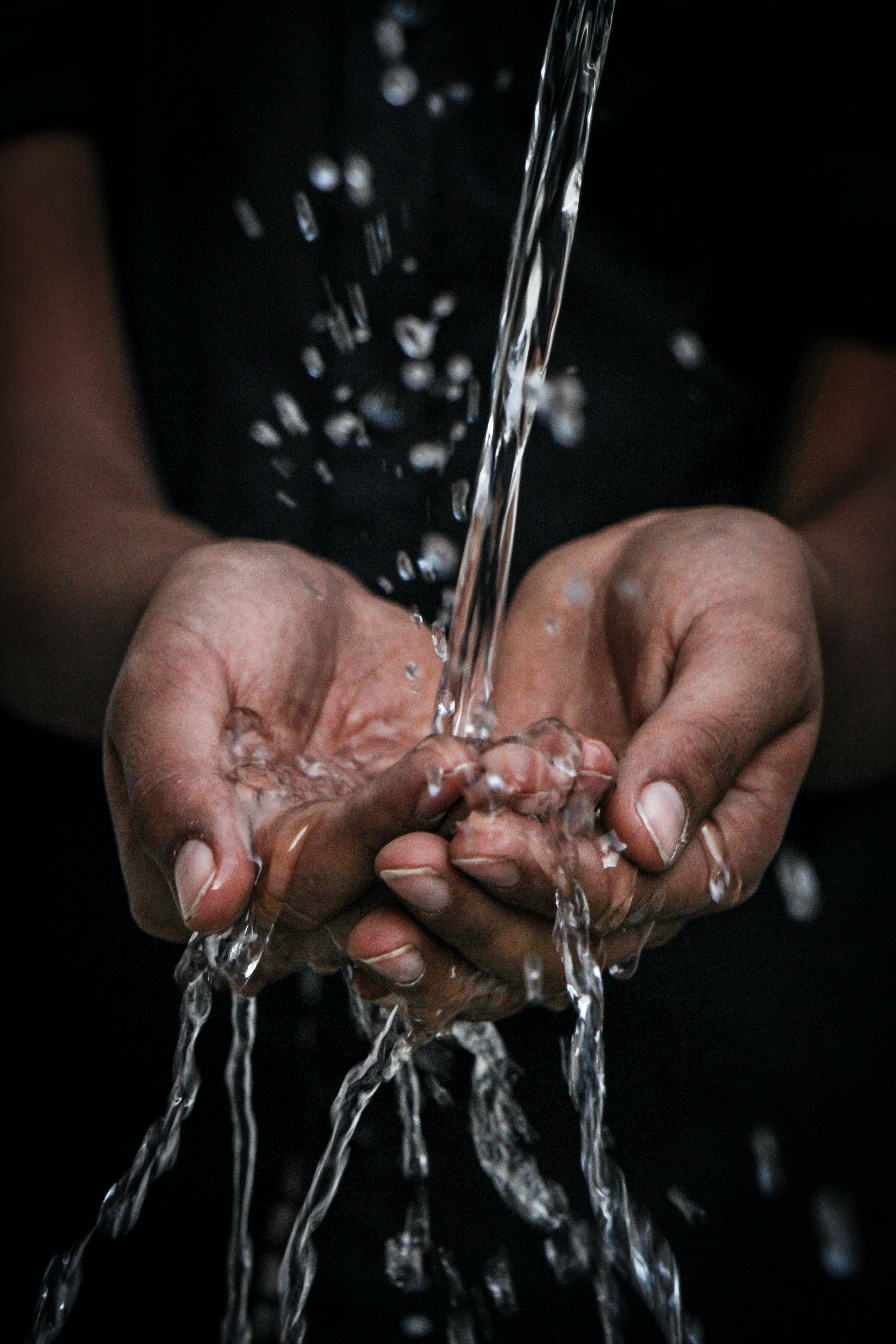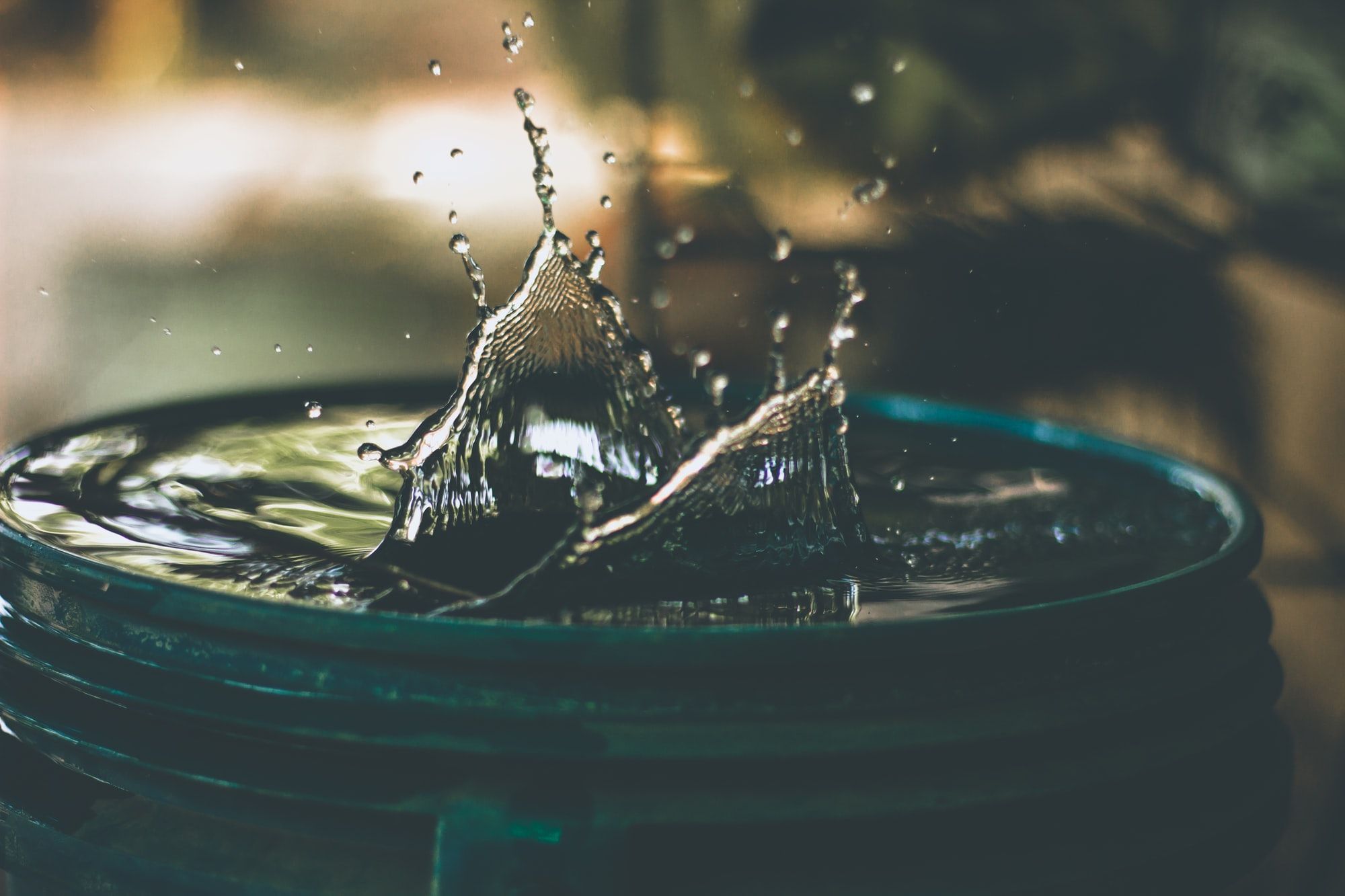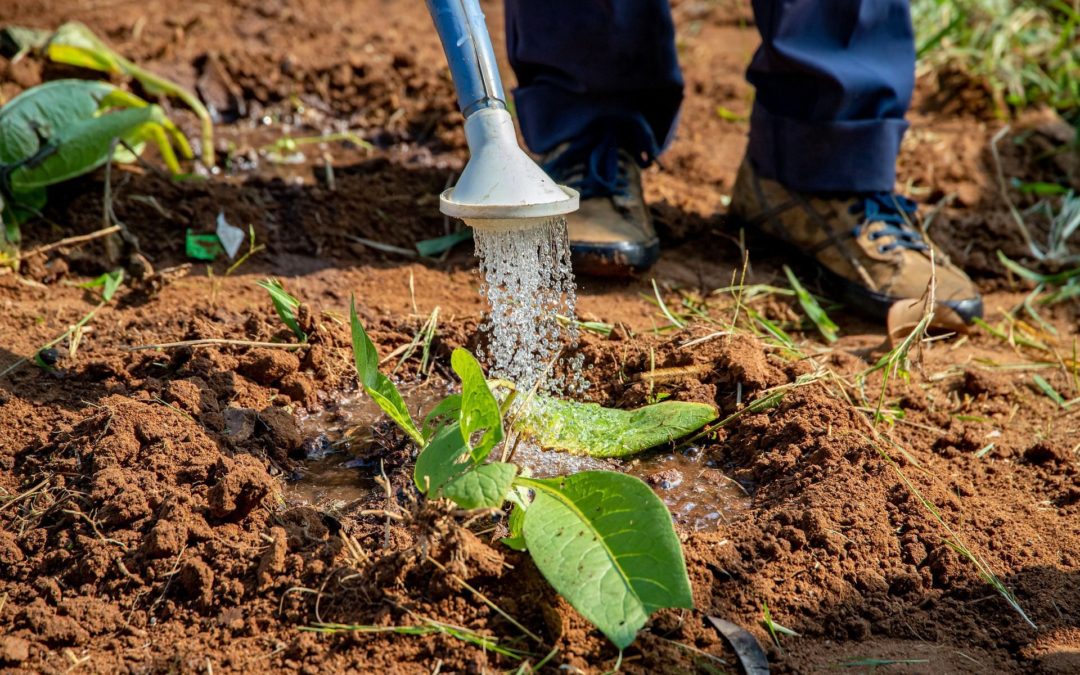
For many countries in Africa, sufficient downpour during the rainy season is vital, and when it's too little, that can lead to disaster. But a new study from the non-profit organization Water Aid and the British Geological Survey shows that a bad rainy season does not have to mean that people die of thirst.
As it turns out, there is enough groundwater under the African continent for most countries to cope with five years of drought. Some countries, such as Ethiopia and Nigeria, even have enough groundwater to cope with 50 years of drought.
Divided per capita, that would allow each person south of the Sahara to receive 130 liters of water per day from groundwater. According to the WHO, we need 50-100 liters of water per day for hygiene, cooking, washing, drinking water, and more. The groundwater would thus more than cover the basic needs.
What is needed is to give people better access to groundwater by digging more wells. The first necessary step is to get better geological data on how much groundwater there is in different areas and to discern the water quality in said locations. Otherwise, there is a risk that money will be spent digging wells that dry up quickly or that provide unusable water.
Beyond that, we also need to become better at managing groundwater reserves. In many places, far too much groundwater is used for irrigation today. There is a risk of emptying stocks, so we must improve our efforts to conserve water in agriculture.
We also need to become better at water purification so that we can recycle the water we use in a better way. Otherwise, we risk contaminating the groundwater.
But if we solve those problems, we no longer need to have any drought-derived disasters in Africa.








